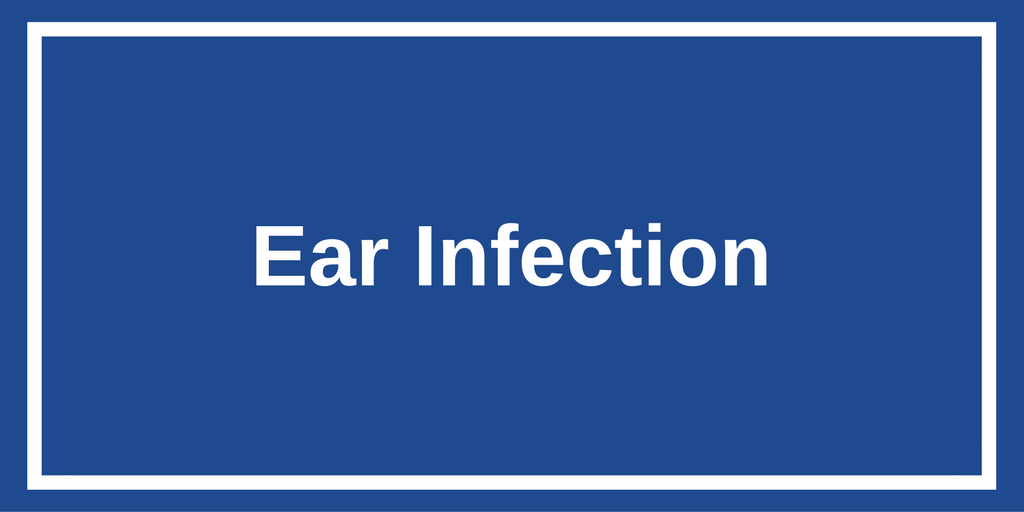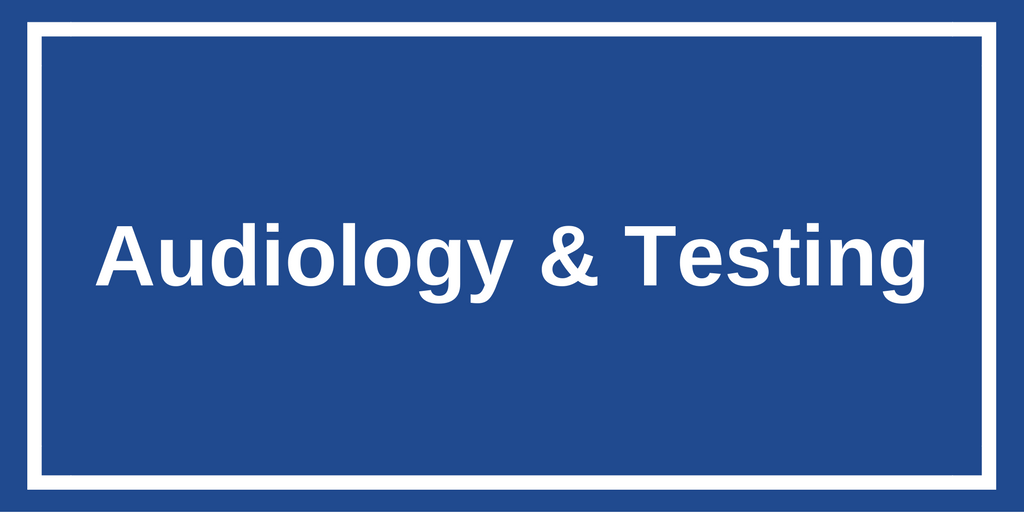Meniere’s Disease – The Uninvited Guest
 Commonly called “glaucoma of the inner ear,” Meniere’s disease is related to the inner ear (labyrinth) in which the vestibular (balance) system is housed. The labyrinth contains three semicircular canals, a complex system of chambers and passageways in the temporal bone. Signals sent from these canals, travel along the nerve pathways to the brain. Inside the canals is a thin-walled membranous sac filled with a fluid called endolymph. Surrounding the sac is another fluid called perilymph. These two fluids constantly bathe the vestibular and hearing organs which enable the person to keep his or her balance, and maintain normal hearing.
Commonly called “glaucoma of the inner ear,” Meniere’s disease is related to the inner ear (labyrinth) in which the vestibular (balance) system is housed. The labyrinth contains three semicircular canals, a complex system of chambers and passageways in the temporal bone. Signals sent from these canals, travel along the nerve pathways to the brain. Inside the canals is a thin-walled membranous sac filled with a fluid called endolymph. Surrounding the sac is another fluid called perilymph. These two fluids constantly bathe the vestibular and hearing organs which enable the person to keep his or her balance, and maintain normal hearing.
For unknown reasons in Meniere’s disease, the endolymph is over-abundant. Like glaucoma of the eye, the pressure increases until the sac bursts. The mixing of endolymph and perilymph sends an unbalanced message down the vestibular nerve (and to the brain), causing the patient to experience severe spinning, vertigo, nausea, hearing loss, tinnitus (ringing or buzzing sounds in the ear), and a feeling of fullness in the ear. As the disease progresses, hearing loss increases and the patient’s confidence plummets as these attacks are frustratingly unpredictable. The disease affects one ear in 85% of patients and both ears in 15%. In 50% of cases, the attacks will subside after two years; in 70% of cases, they will disappear in eight years. Hearing loss may become progressively worse.
Symptoms of Menieres Disease
- Vertigo episodes
- Spinning sensation
- Fullness and pressure of the ear
- Hearing loss
- Unsteadiness
What triggers a Menieres Disease attack of Vertigo
- Stress
- Allergies
- Excess salt intake
- Caffeine
- Migraine headaches
- Barometric changes in pressure
When a diagnosis of Menieres disease has been made, doctors often suggest:
- A diuretic
- Reduction of salt in the diet
- Anti-vertigo drugs
- All patients with Menieres disease are skin tested (50% of Menieres patients are found to have allergies
- Surgical treatment
- Micro Wick- Gentamicin perfusion of the inner Ear
Surgical Treatments
If the medical treatments fail to stop the attacks of symptoms of vertigo, hearing loss, ringing in the ear and pressure in the ear, then there are surgical options that can improve the patient’s condition.















